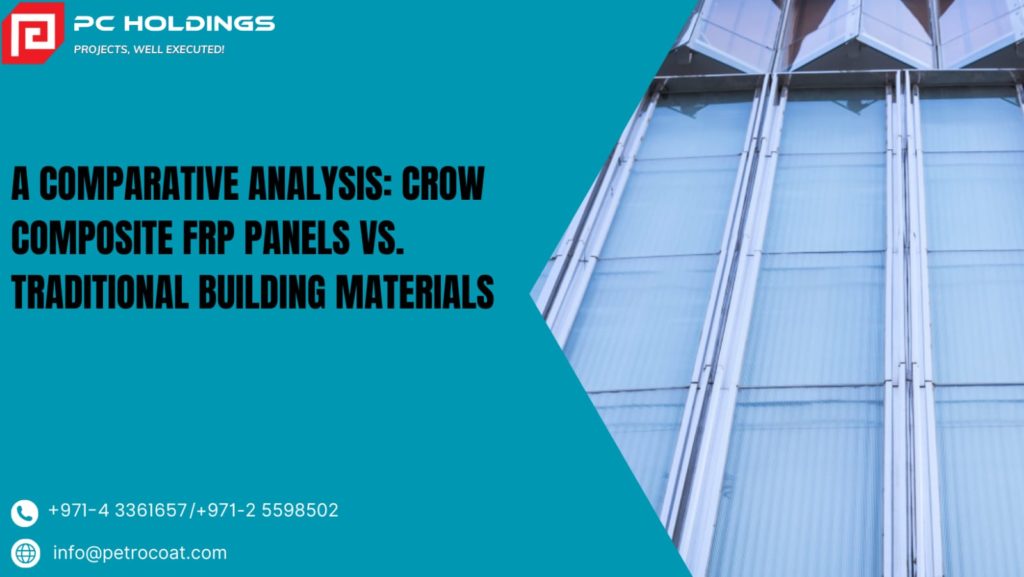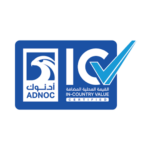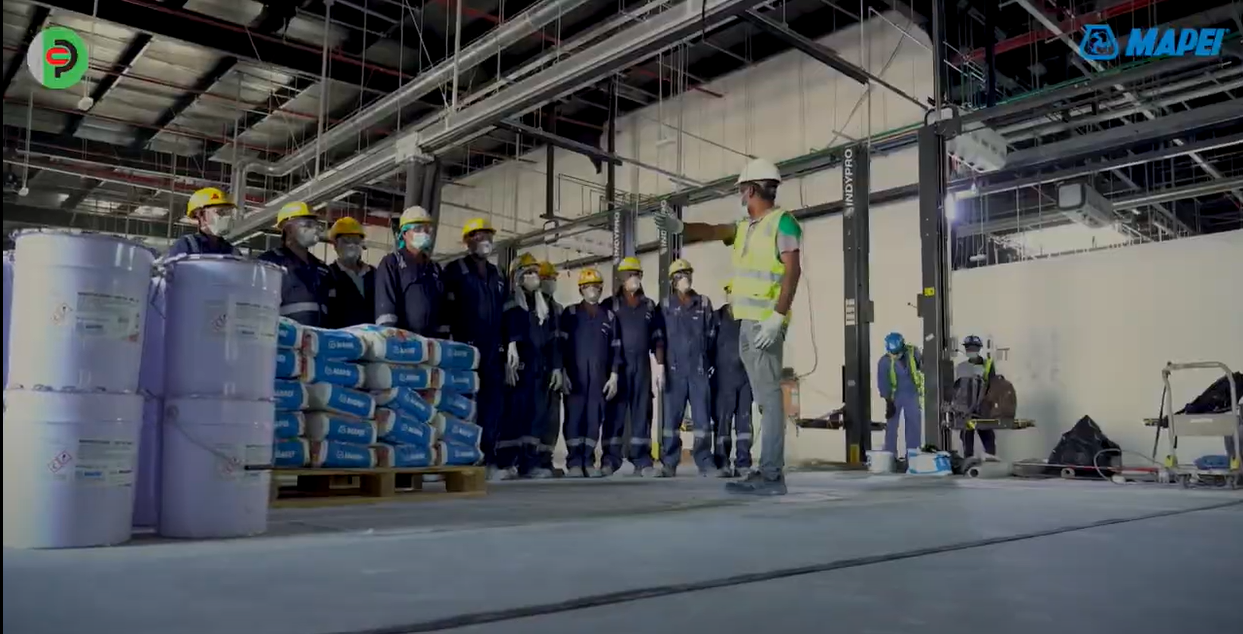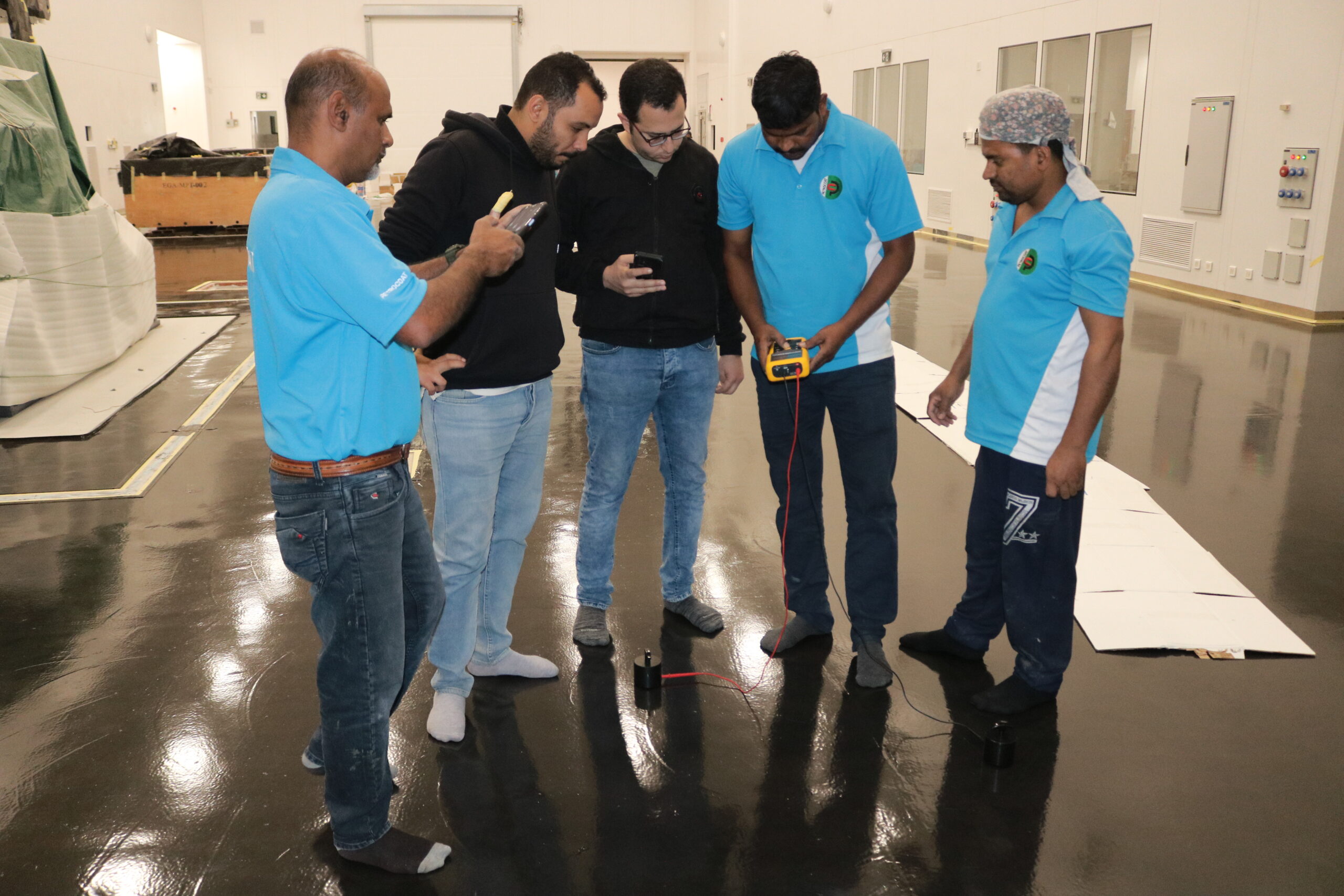
Introduction:
In the dynamic landscape of construction, innovation is the key to sustainable development. As Dubai continues to evolve as a global hub for architectural marvels, the choice of building materials becomes crucial. In this comparative analysis, we delve into the merits of Crow Composite FRP (Fiber Reinforced Polymer) Panels versus traditional building materials. PC Holdings, your trusted partner in construction solutions, aims to provide a comprehensive overview to assist stakeholders in making informed decisions.
Material Composition and Properties:
Traditional Building Materials:
For decades, traditional building materials like steel, concrete, and wood have served as the foundation of construction. Even though it is strong, concrete can corrode over time. Although strong, steel rusts easily. Despite its aesthetic appeal, wood presents issues with sustainability and fire resistance.
Crow Composite FRP Panels:
Crow Composite FRP Panels are engineered with advanced materials, combining high-strength fibers and polymers. These panels exhibit exceptional strength-to-weight ratio, corrosion resistance, and flame retardancy. Their composition makes them an ideal choice for Dubai’s climate, mitigating the impact of harsh weather conditions.
Weight and Structural Efficiency:
Traditional Building Materials:
Traditional materials are often heavy, requiring extensive structural support. This adds to construction costs and time. In a city like Dubai, where ambitious projects demand efficiency, the weight of materials becomes a critical factor.
Crow Composite FRP Panels:
Crow Composite FRP Panels are lightweight yet incredibly strong. Their low density not only facilitates easy transportation and installation but also reduces the load on the overall structure. This can lead to cost savings and faster project completion, aligning with the fast-paced construction ethos of Dubai.
Durability and Maintenance:
Traditional Building Materials:
Concrete and steel are susceptible to corrosion, while wood requires regular maintenance to prevent decay and insect infestations. The harsh climate of Dubai, characterized by high temperatures and occasional sandstorms, can accelerate wear and tear.
Crow Composite FRP Panels:
Crow Composite FRP Panels offer unparalleled durability. Resistant to corrosion, rot, and insects, these panels ensure a longer lifespan with minimal maintenance. The weather-resistant properties make them an excellent choice for Dubai, where extreme temperatures and sandstorms are part of the environmental challenges.
Installation and Time Efficiency:
Traditional Building Materials:
Construction using traditional materials can be time-consuming due to their weight and the complexity of assembly. This may result in delays and increased labor costs.
Crow Composite FRP Panels:
The lightweight nature of Crow Composite FRP Panels facilitates quicker and easier installation. Their modular design and interlocking features expedite the construction process. Time efficiency is a crucial advantage, especially in Dubai, where timely project completion is highly valued.
Sustainability and Environmental Impact:
Traditional Building Materials:
Traditional materials often have a substantial environmental footprint. Concrete production, for instance, contributes to carbon emissions, and deforestation is a concern with the use of wood.
Crow Composite FRP Panels:
Crow Composite FRP Panels are crafted with sustainability in mind. The manufacturing process produces fewer emissions, and the longevity of the panels reduces the need for frequent replacements. Additionally, the lightweight design contributes to fuel efficiency during transportation.
Cost Considerations:
Traditional Building Materials:
While initial costs may seem lower for traditional materials, factors such as labor, transportation, and maintenance expenses can significantly increase the overall project cost.
Crow Composite FRP Panels:
While the upfront cost of Crow Composite FRP Panels may be slightly higher, the long-term savings in maintenance, labor, and construction time make them a cost-effective choice, aligning with the economic considerations of construction projects in Dubai.
Flexibility in Design:
Traditional Building Materials:
Traditional materials often have limitations when it comes to design flexibility. Concrete and steel structures, while robust, may be challenging to shape into intricate or unconventional forms. This can restrict architects in creating unique and aesthetically pleasing designs.
Crow Composite FRP Panels:
Crow Composite FRP Panels offer unparalleled design flexibility. Their malleability allows for the creation of complex shapes and innovative designs, giving architects and builders the freedom to explore creative possibilities. This flexibility is particularly advantageous in Dubai, where iconic and futuristic architecture is a hallmark.
Insulation Properties:
Traditional Building Materials:
Traditional materials may lack efficient insulation properties, leading to higher energy consumption for heating and cooling. In a city like Dubai, where extreme temperatures are common, energy efficiency is a critical consideration.
Crow Composite FRP Panels:
Crow Composite FRP Panels often come with inherent insulation properties. Their ability to resist heat transfer helps in maintaining a comfortable indoor environment, reducing reliance on artificial heating or cooling systems. This not only contributes to energy efficiency but also aligns with Dubai’s commitment to sustainable and green building practices.
Fire Resistance:
Traditional Building Materials:
While some traditional materials like steel may have good fire resistance, others like wood are prone to combustion. The risk of fire is a significant concern in densely populated urban areas.
Crow Composite FRP Panels:
Crow Composite FRP Panels are engineered to be fire-resistant, offering a higher level of safety in the event of a fire. This is a crucial factor in Dubai, where stringent building codes prioritize fire safety. Choosing FRP panels can enhance the overall safety profile of a structure.
Recyclability and End-of-Life Considerations:
Traditional Building Materials:
Disposal of traditional materials at the end of their life cycle can contribute to environmental concerns. Concrete waste, for example, can be challenging to recycle, leading to increased landfill use.
Crow Composite FRP Panels:
Crow Composite FRP Panels are often recyclable, contributing to a more sustainable construction industry. At the end of their life cycle, these panels can be repurposed or recycled, minimizing the environmental impact. This aligns with global and local initiatives promoting circular economy practices.
Conclusion:
As Dubai continues its ascent as a global architectural powerhouse, the choice of building materials becomes a pivotal decision. PC Holdings, committed to delivering cutting-edge construction solutions, recommends a careful consideration of Crow Composite FRP Panels. Their lightweight, durable, and sustainable characteristics align with the demands of Dubai’s construction landscape, promising not only efficient projects but also a sustainable and resilient future. Embrace innovation, choose Crow Composite FRP Panels, and let PC Holdings be your partner in building the future of Dubai.
Lorem ipsum dolor sit amet, consectetur adipiscing elit. Ut elit tellus, luctus nec ullamcorper mattis, pulvinar dapibus leo.






